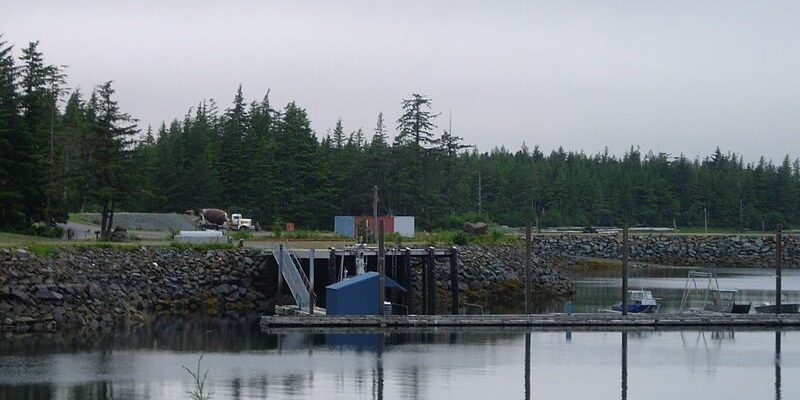Alaska tribes could place their lands under federal trust, potentially opening the doors for patches of land with tribal sovereignty that would operate similar to Indian reservations in the lower-48.
The changes come through a proposed rule from the Department of the Interior, released Wednesday.
The proposal says the change “secures tribal homelands, which…advances economic development, promotes the health and welfare of tribal communities, and helps… protect tribal culture.” But what that means for Alaska is uncertain.
Dr. Ryan Fortson is an Assistant Professor at the University of Alaska Anchorage Justice Center. He said the propsal “doesn’t provide a lot of guidance into what it would mean if the lands are in fact taken into trust, what the legal and political implications of that would be.”
Fortson continued,“It’s possible it could lead to the creation of reservations. It’s possible there could be some other legal arrangement for those lands. But ultimately the goal, at least of the tribes that brought the litigation, was to create the possibility of ‘Indian country’ in Alaska.”
Fortson said within “Indian country” tribes hold more control over their lands. They govern their own courts and write their own laws. Alaska is the only state where tribes are not allowed this option, and Sen. Mark Begich says he supports opening this opportunity to Alaska tribes.
“It really is something I’ve heard from a few of the tribes.” Begich said, “And not many have asked to do it, but they want the option at least to have. And they’ve been prohibited for many, many, many years since ANCSA passed, so this gives them an opportunity.”
When ANCSA did pass, reservations in Alaska were absorbed by Native or village corporations. Currently, the state has only one reservation, Metlakatla in southeast Alaska.
But Dr. Fortson says putting Alaska lands under federal trust would not necessarily lead to forming reservations.
Fortson explained, “Right now all that the regulation really does is, or the change in the regulation, is it gets rid of the Alaska Exception which prevented the Secretary of the Interior from taking lands into trust.”
The proposal is now open for a 60-day period of public comment.





